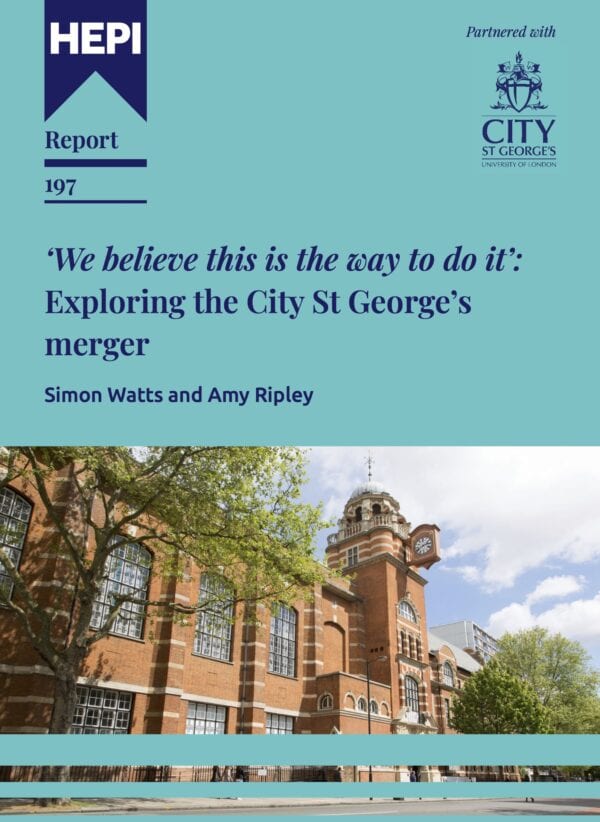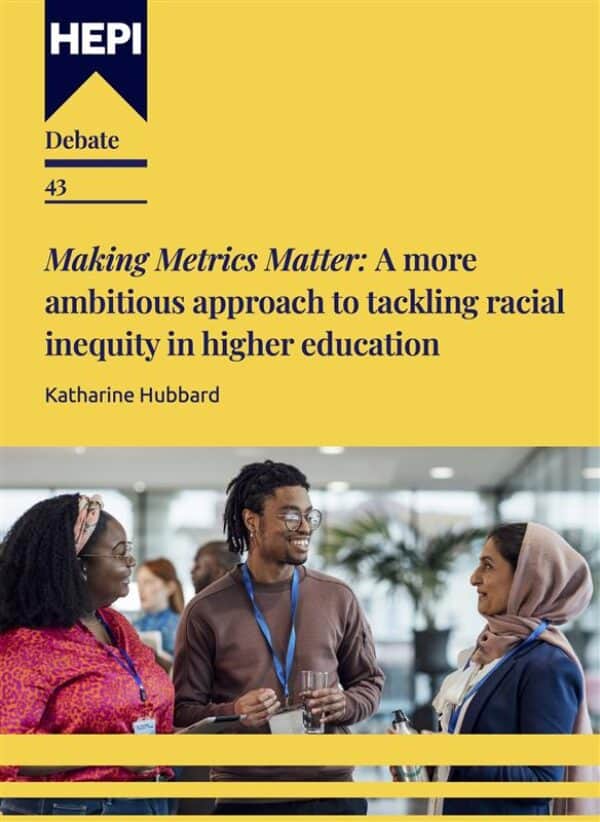‘What the hell just happened?’ Australia’s flirtation with a levy on international students – By Professor Andrew Norton
This blog has been kindly written for HEPI by Andrew Norton, Professor of Higher Education Policy at Monash Business School, Monash University.
The thoughts of Nick Hillman, HEPI’s Director, on the levy can be read on the Research Professional News website here.
For an Australian reader the UK immigration white paper’s proposal for a levy on international student fee revenue sounds familiar. In mid-2023 just such a levy was suggested for Australia by the interim report of a major higher education policy review. Like its UK version, the idea was to reinvest levy revenue in education. While the interim report lacked white paper status, education minister Jason Clare liked the idea enough to mention it in his report launch speech.
But now the levy has vanished from the Australian policy agenda. When the Universities Accord final report was released in February 2024 the levy idea was there but postponed, shunted off until after other major funding reforms that will start in 2027 at the earliest. So far as I can find, the Minister – newly reappointed this week after Labor’s election victory on 3 May – has not mentioned the idea in public for 18 months.
So what happened? Predictably, the universities that stood to lose the most from the levy opposed it. But the bigger reason was that between mid-2023 and late 2023 the politics of international education in Australia were turned upside down. In a few months international education went from a valuable export industry to a cause of Australia’s housing shortages. International student numbers had to be cut.
As originally proposed in Australia the international student levy was not linked to migration policy. Some reduction in student demand was predicted, as levy costs were passed on through higher fees. But this was a policy side-effect, not its goal. If too many international students were deterred the levy would not raise enough money to achieve its domestic objectives. The Government needed more effective ways of bringing international student numbers back down.
Between October 2023 and July 2024 the Australian Government introduced, on my count, nine measures to block or discourage would-be international students.
Among the Government’s nine measures was one that delivered it international student revenue much more quickly than the proposed levy. The Government more than doubled student visa application fees from A$710 (~£330) to A$1,600 (~£745), claiming that the money would be spent on policies benefiting domestic students. During the 2025 election campaign Labor said it would increase visa fees again, to A$2,000 (~£930). The UK’s £524 fee looks cheap by comparison.
Higher visa fees and other migration measures had two big advantages over the once-proposed levy from the perspective of the Australian Government – legal ease and speed in delivering on migration goals. In Australia, many migration changes can be made by ministerial determination without parliamentary review. The levy required legislation. Australia’s system of sending controversial legislation to often-bruising Senate inquiries increases political costs, even when the bill ultimately passes.
What visa fees lack is the Robin Hood element of the Australian levy as proposed. In 2023 the University of Sydney alone earned 14% of all university international student fee revenue. The top six universities received more than half of the total. Levy advocates argue that these gains are built on past taxpayer subsidies and prime real estate. Profits built on these foundations can legitimately be taxed for the wider benefit of Australian higher education.
In Australia generally, and under Labor governments especially, an egalitarian political culture gives these levy arguments some resonance. But for the foreseeable future migration is a bigger issue than university funding, and visa policies a more straightforward way of bringing down international student numbers than levies. Perhaps the levy idea will return, but the government’s long silence on the subject suggests that this will not happen anytime soon.







Comments
Rob Cuthbert says:
Good reminder that policy ideas can be fatuous, and congratulations on the topical Eurovision reference in the title (https://www.youtube.com/watch?v=-hu6R3ZnOdY)
Reply
Add comment